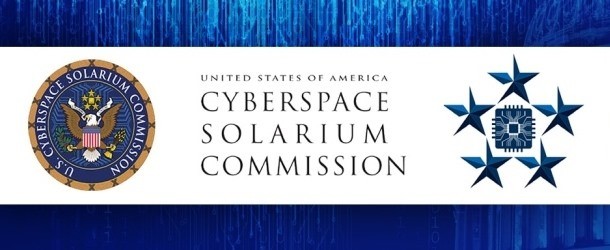Section 1722 of the National Defense Authorization Act for 2021 Requires Secretary of Defense to Assess Threats Posed by Quantum Computing Technologies

(BankInfoSecurity) Cyberspace Solarium Commission co-chairs Sen. Angus King, I-Maine, and Rep. Mike Gallagher, R-Wis., calls the 2021 National Defense Authorization Act, pointing to its 77 cybersecurity provisions, legislation, which provides $740 billion for defense spending, “the most comprehensive and forward-looking piece of national cybersecurity legislation in the nation’s history.”
Some 27 of the defense bill’s 77 cybersecurity-related provisions were based on commission recommendations, King says.
Among the many other cybersecurity provisions included in the defense measure are:
Section 1722, which requires the secretary of defense to complete a comprehensive assessment of the current and potential threats and risks posed by quantum computing technologies.
- Section 1705, which authorizes CISA to conduct threat hunting on federal networks without having to give advance notice or receive authorization from any other agency.
- Section 1715, which establishes the Joint Cyber Planning Office under CISA to facilitate comprehensive planning of defensive cybersecurity campaigns across federal departments, agencies and the private sector. The Cyber Planning Office’s responsibilities will include developing coordinated actions to protect, detect, respond to and recover from cyber incidents that pose a potential risk to critical infrastructure or national interests.
- Section 9006, which directs the Department of Homeland Security to develop a strategy for implementing the Domain-based Message Authentication, Reporting, and Conformance, or DMARC standard across all U.S.-based email providers.





















